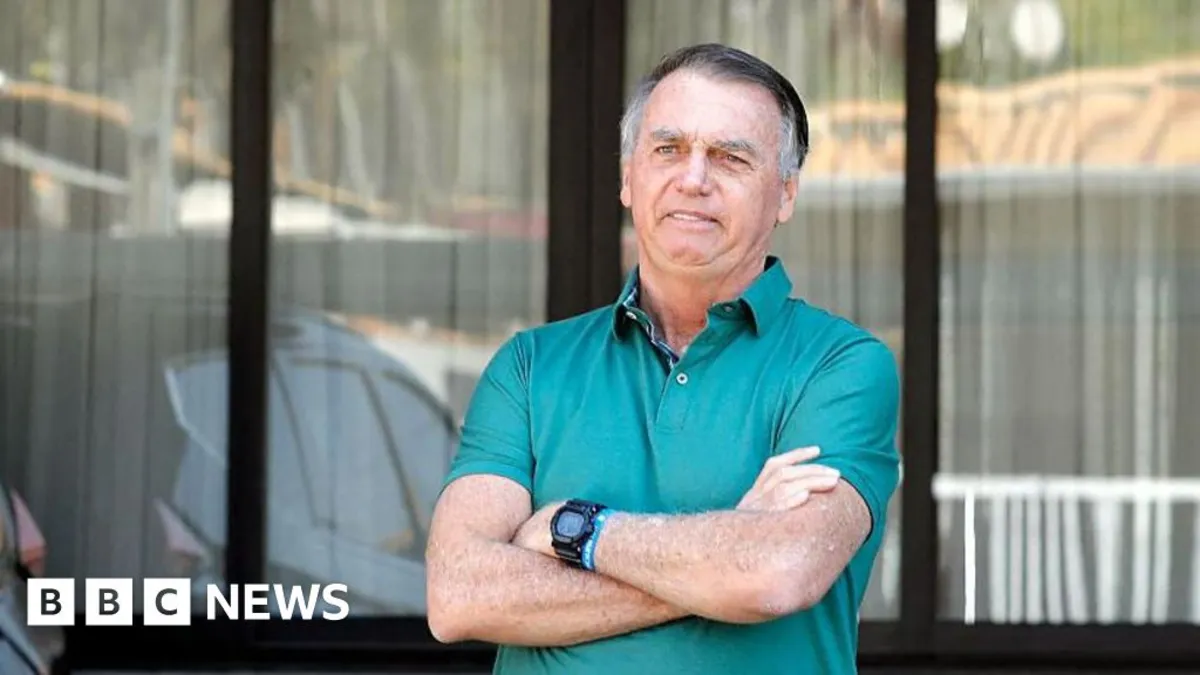
The former president of Brazil, Jair Bolsonaro, has been found guilty of orchestrating a military coup, as determined by Brazil's Supreme Court. The court reached a significant majority of three votes necessary to convict him, although one judge voted for his acquittal, and another has yet to cast their vote. The 70-year-old Bolsonaro has been convicted of leading a conspiracy aimed at maintaining his power after losing the 2022 presidential election to his left-wing opponent, Luiz Inácio Lula da Silva.
Despite the coup plot failing to gain sufficient support from the military, it led to a violent uprising, where Bolsonaro's supporters stormed government buildings on January 8, 2023. The Supreme Court justices confirmed that this insurrection was a direct result of Bolsonaro's actions. The charges against him carry severe penalties, potentially resulting in a prison sentence exceeding 40 years. Sentencing is set to take place on Friday.
Justice Cármen Lúcia, who cast the decisive vote, stated on Thursday that Bolsonaro incited the insurrection on January 8, 2023, which saw thousands of his supporters vandalizing the Supreme Court, the presidential palace, and Congress. She found Bolsonaro guilty on all five charges, which include attempting to stage a coup, leading an armed criminal organization, and attempting to violently abolish democratic governance. Additionally, there are two charges related to property damage during the chaos in Brasília on that fateful day.
Throughout the trial, Bolsonaro has consistently maintained his innocence, labeling the proceedings as a politically motivated witch hunt. His legal team is expected to file appeals against the verdict. If two out of the five justices on the Supreme Court panel vote not guilty, Bolsonaro's lawyers could push for a review of the verdict by the full Supreme Court, which consists of 11 justices. Consequently, the anticipated vote of the final justice, Cristiano Zanin, will be closely monitored as it could significantly impact the outcome of this high-profile case.
This landmark ruling against Jair Bolsonaro raises critical questions about the state of democracy in Brazil. The conviction highlights the judiciary's role in safeguarding democratic institutions against attempts to subvert them. As Brazil grapples with its political future, the outcomes of these proceedings will undoubtedly resonate throughout the nation and beyond, shaping the discourse on governance and accountability.